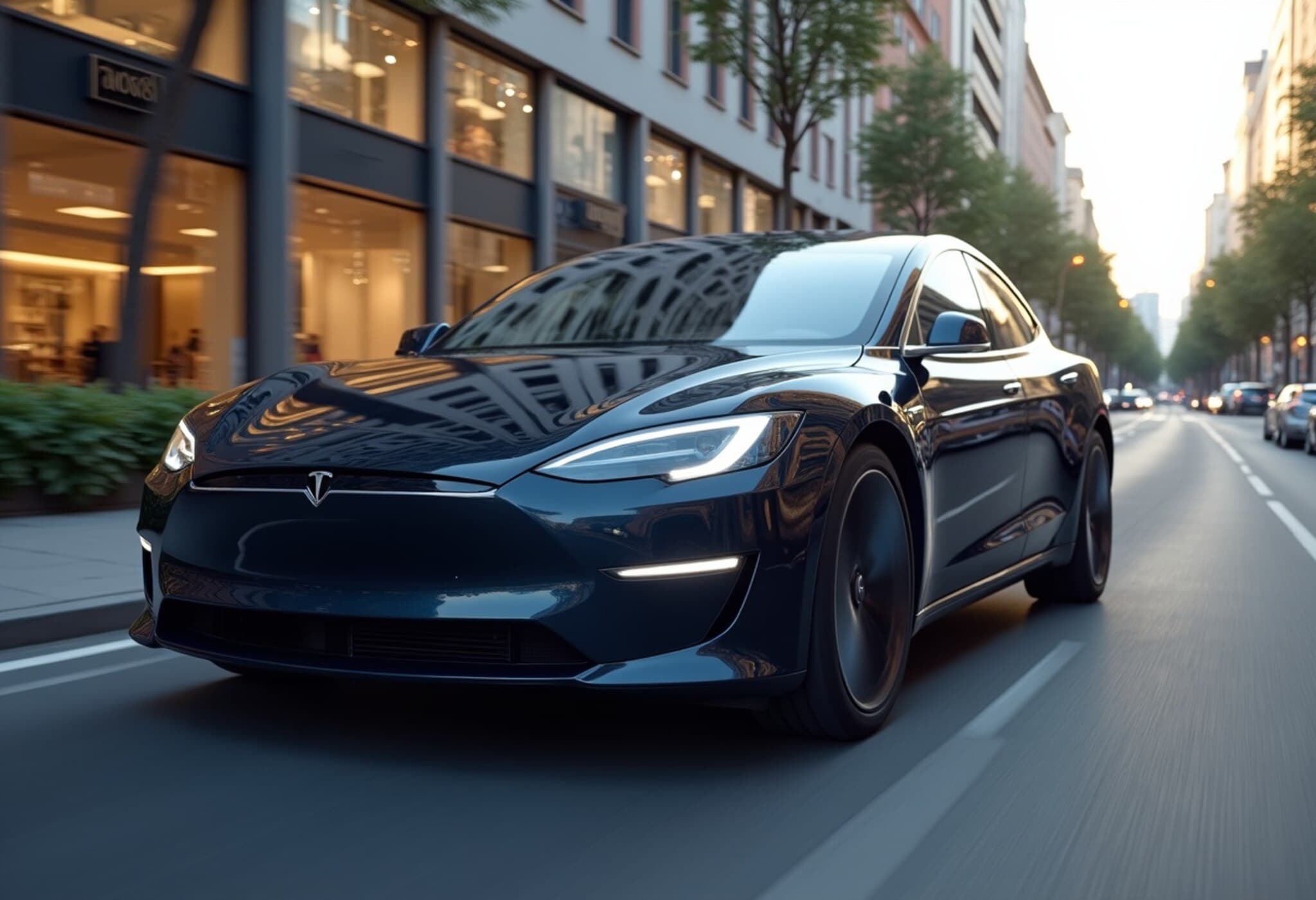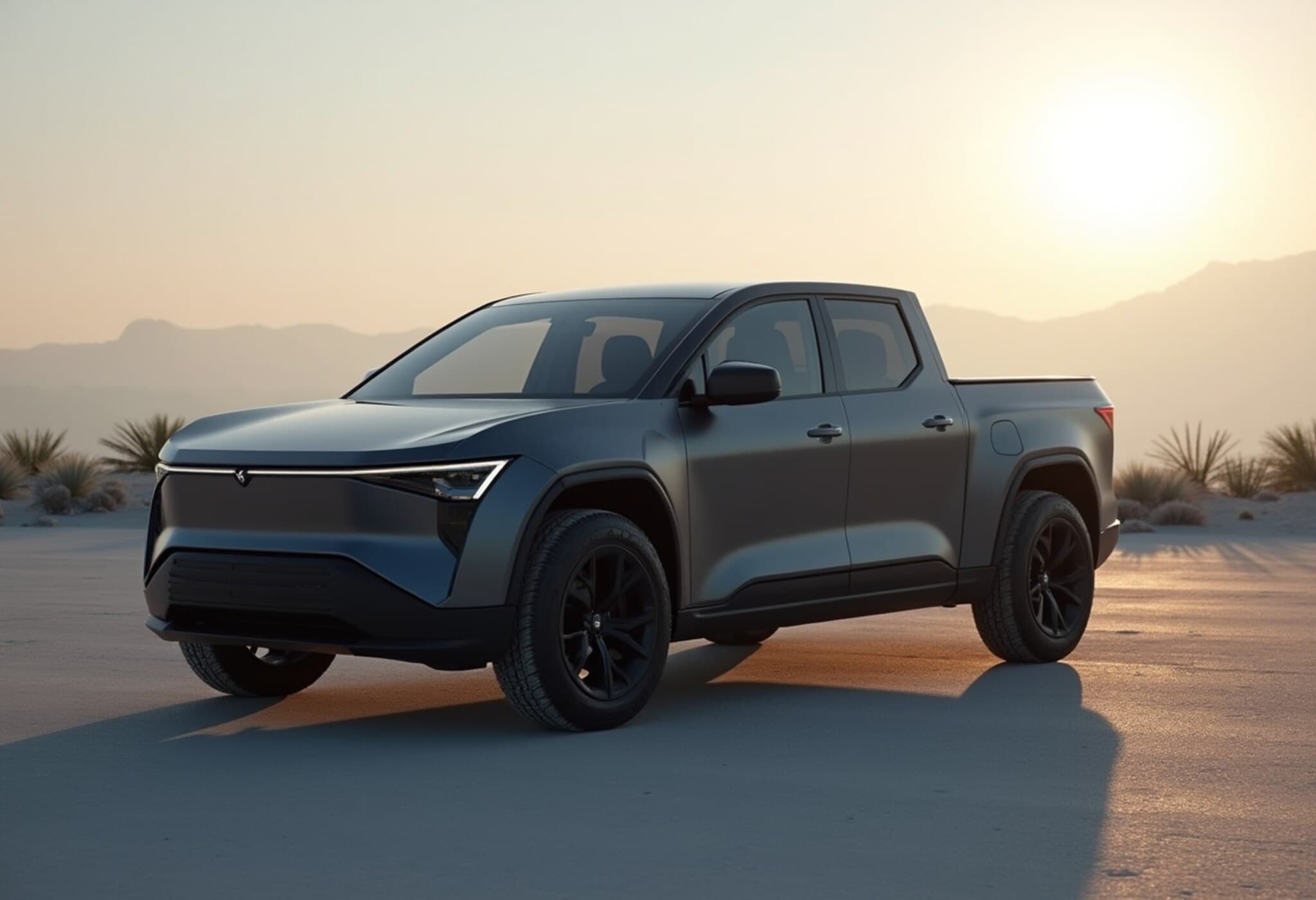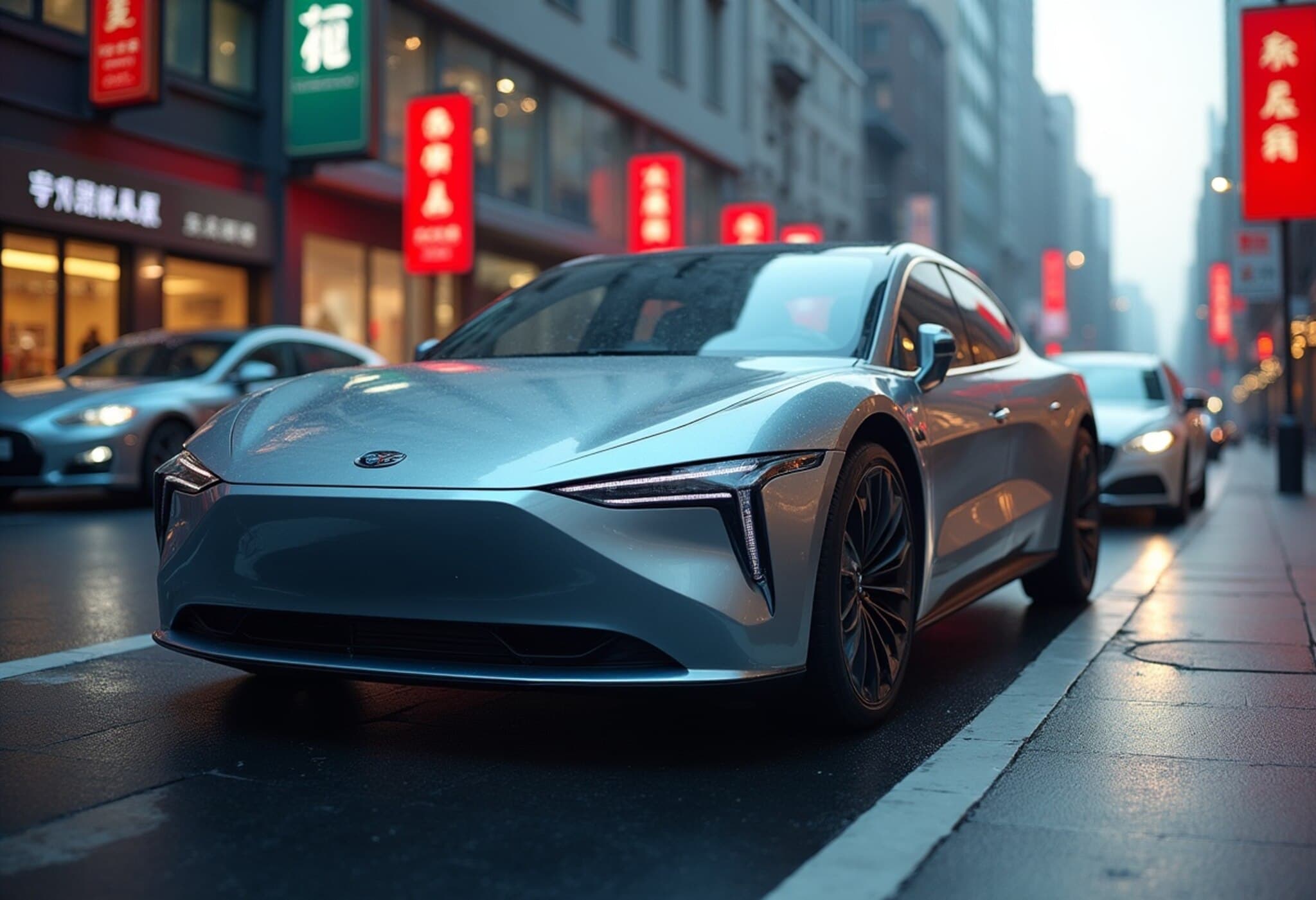Lucid Group Revises 2025 Vehicle Production Outlook Amid Quarterly Setbacks
Electric vehicle (EV) manufacturer Lucid Group faced a challenging second quarter in 2025 as it announced earnings that fell short of analysts’ expectations and lowered its full-year production guidance. The company now projects manufacturing between 18,000 and 20,000 vehicles this year, a slight moderation from its previous target of 20,000 units.
Second-Quarter Financial Highlights
Lucid’s Q2 results revealed a continued struggle to balance rapid growth with operational efficiency. The company reported an adjusted loss per share of 24 cents, wider than the 21-cent loss predicted by Wall Street analysts. Revenues came in at $259 million, missing the $280 million consensus estimate.
- Net loss: $855 million (28 cents per share), compared to $790 million (34 cents per share) year-over-year
- Total expenses: Increased 7.5% year-over-year, reaching approximately $1.06 billion
- Liquidity: Closing the quarter with a robust cash and equivalents balance near $4.86 billion
CEO Commentary: Navigating a Year of Surprises
Interim CEO Marc Winterhoff expressed cautious optimism despite the misses. Speaking with CNBC, he said, “I have never seen so many surprises within a year as this year,” underscoring the volatility and unexpected hurdles Lucid has faced. Winterhoff remains hopeful, emphasizing that the upper end of the revised production target remains attainable but advocating for prudence amid supply chain uncertainties.
Production and Market Challenges
Lucid recorded 3,309 vehicle deliveries in Q2—a nearly 40% increase from the same quarter last year yet falling short of forecasts. The company’s ambitious ramp-up of the Lucid Gravity SUV, its second model after the Air sedan, continues to encounter supply chain bottlenecks that have slowed progress.
This production lag comes amid a broader EV market landscape marked by shifting consumer preferences toward affordability and utility, with competition heating up as traditional automakers expand their electric offerings. Additionally, the industry faces regulatory headwinds from the recent U.S. federal legislation signed by President Donald Trump, which phases out valuable EV tax credits starting October 1, potentially dampening demand.
Strategic Moves and Financial Discipline
Despite operational hurdles, Lucid has been proactive in securing strategic partnerships and bolstering brand awareness. Last month, the company announced a collaboration to deploy over 20,000 robotaxis, positioning itself in the emerging autonomous mobility market. Moreover, Lucid has engaged high-profile marketing efforts, including featuring actor Timothée Chalamet in new advertisements to capture consumer attention.
CFO Taoufiq Boussaid highlighted the company’s focus on cost discipline and brand building while navigating near-term objectives and the Gravity launch. Financial resilience remains a priority as Lucid manages its considerable cash burn during this critical ramp-up phase.
What Lies Ahead for Lucid?
While Lucid’s path forward faces obstacles—from production delays to a fluctuating EV market and evolving policy frameworks—the company’s liquidity position and strategic initiatives provide some cushion. Industry watchers will be closely monitoring the Gravity SUV’s ramp-up pace, the impact of federal tax changes, and Lucid’s ability to maintain competitive momentum.
Key Questions Moving Forward
- Can Lucid overcome supply chain challenges to meet the top end of its revised production forecast?
- How will the expiration of federal EV incentives impact consumer demand and Lucid’s sales trajectory?
- Will partnerships in autonomous vehicle deployment redefine Lucid’s future growth avenues?
Lucid’s stock has reflected investor uncertainty, sliding nearly 19% year-to-date, intensifying pressure to demonstrate operational improvements and market traction.
Editor’s Note
Lucid Group’s experience this year illustrates the volatile balance between ambition and execution that many EV startups face. While innovation and market potential remain promising, managing supply chains, controlling costs, and navigating regulatory shifts are critical hurdles. Stakeholders should watch how Lucid adapts its strategy to maintain investor confidence amid a competitive and rapidly evolving electric vehicle ecosystem.


















